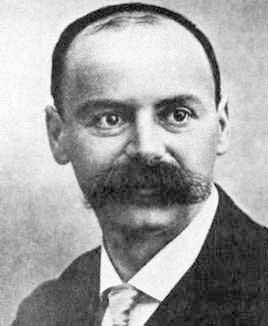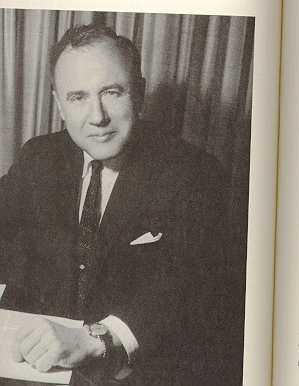Who Discovered Black Holes?
Karl Schwarzschild is credited with being the brilliant astronomer who developed the concept of black holes. In 1916, using Einstein's general theory of relativity, he began to make calculations about the gravity fields of stars. He concluded that if a huge mass, such as a star, were to be concentrated down to the size of an infintessimal point, the effects of Einstein's relativity would get really fairly extreme. Schwarzschild doubted that a star could get that small, and theorized that if a star did infact shrink upon itself like that, its gravity would remain the same and the planets revolving around it would remain in the same orbits they always had. Since then however, some of Schwarzschild's theories have been disproved, but most of his initial theories hold intact today. The Schwarzschild Radius, the maximum radius a body with a specific mass can have that won't let light escape, is named in his honor, and the equation of which is still in use today: Rs=2MG/(c^2)
In truth, English geologist John Michell was the first to suggest the existence of black holes. He referred to them "dark stars" and based his calculations on Newton's Laws of gravity. However, he doubted that such objects could exist and after publishing his information, he abandoned further research on the subject.
American physicist John Wheeler coined the name "black hole" in 1968, and is was one of the most influential scientists in the study of black holes, contributing a vast amount of research to our accepted understanding of black holes today.
Karl Schwarzschild----------------------------------------------------------------------------------John Wheeler

--------------This goofy guy first theorized about black holes----------------This guy is the genious behind what we know about black holes today
